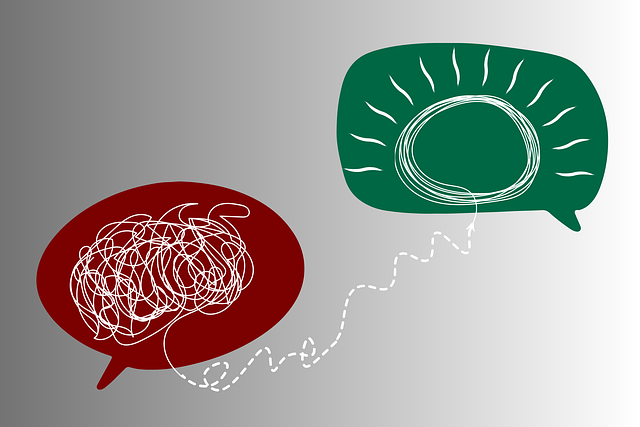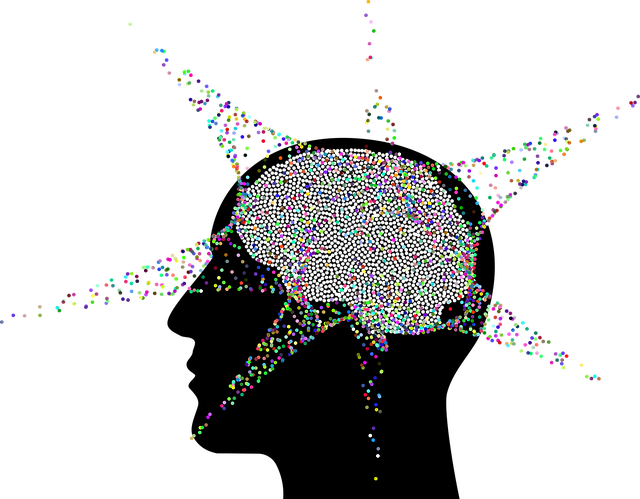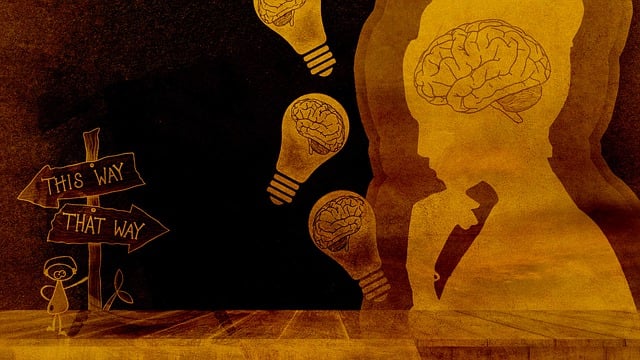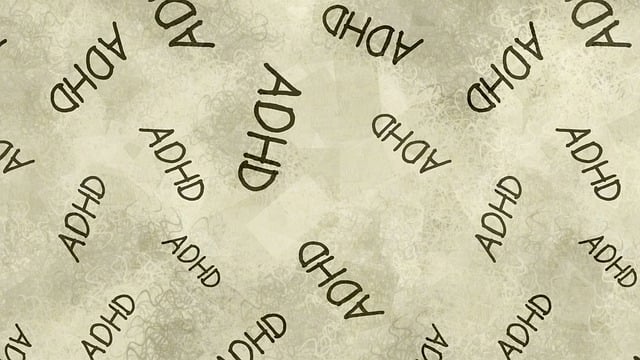Assessing and addressing mental health in elders requires tailored, comprehensive approaches considering age-related changes. Key focus areas include depression, anxiety, and anger management issues stemming from isolation or frustration. Effective communication strategies, confidence-boosting activities, and trauma support services improve resilience. Therapy for elders, particularly anger management programs, is crucial for managing these concerns. Understanding cultural influences and leveraging specialized assessment tools ensures sensitive, personalized care aligned with growing mental health awareness among seniors.
Mental wellness programs for elders play a pivotal role in addressing the unique challenges faced by this demographic, particularly regarding mental health. This article explores comprehensive evaluation methods to enhance these programs’ effectiveness. We delve into assessing mental health needs among elders, focusing on risk factors and common issues, including cultural considerations. Effective therapy approaches, such as CBT and mindfulness techniques, are scrutinized for anger management, offering practical strategies. Evaluation metrics, from pre-post assessments to qualitative research, guide the measurement of program impact. Additionally, we provide insights into implementing and optimizing these programs, emphasizing accessibility, community integration, and continuous improvement.
- Assessing Mental Health Needs Among Elders
- – Identifying risk factors and common mental health issues in the elderly population.
- – Understanding cultural and societal influences on mental wellness.
- – Exploring existing assessment tools tailored for older adults.
Assessing Mental Health Needs Among Elders

Assessing mental health needs among elders is a multifaceted process that requires tailored approaches to address the unique challenges they face. Given the potential for age-related cognitive and physical changes, it’s crucial to implement comprehensive evaluation methods. These should encompass not only traditional diagnostic tools but also culture-sensitive assessments and interviews that delve into their lived experiences.
Specific areas of focus include identifying signs of depression, anxiety, and emerging mental health issues like anger management—a significant concern among elders, often stemming from feelings of isolation or frustration. Incorporating confidence-boosting activities and trauma support services within these programs can foster resilience and improve overall well-being. Effective communication strategies, tailored to individual needs, play a vital role in ensuring that elders feel heard, understood, and supported throughout the evaluation process.
– Identifying risk factors and common mental health issues in the elderly population.

The elderly population faces unique challenges when it comes to mental wellness, with risk factors such as social isolation, cognitive decline, and chronic illnesses contributing to an increased vulnerability to mental health issues. Common problems include depression, anxiety disorders, and, in some cases, more severe conditions like bipolar disorder or schizophrenia. Given the complex interplay of physical and psychological factors, a holistic approach is essential. Therapy for elders, including anger management programs, plays a pivotal role in addressing these concerns.
Self-care routine development is a key strategy to enhance mental health among seniors. Encouraging emotional intelligence through therapy sessions can help individuals recognize and manage their emotions effectively. Moreover, advocating for robust mental health policies that prioritize the elderly ensures access to necessary services and support systems. Regular screening and early intervention are crucial in mitigating risks and improving overall well-being.
– Understanding cultural and societal influences on mental wellness.

Understanding cultural and societal influences on mental wellness is a critical component of evaluating any program aimed at improving this aspect. Different cultures have unique perspectives on mental health, often shaped by historical experiences, religious beliefs, and community norms. These factors can significantly impact how individuals express and cope with emotional distress. For example, in some communities, open discussion about mental wellness might be discouraged, favoring more subtle signs of struggle or specific cultural rituals for healing. Incorporating these cultural nuances into evaluation methods ensures that programs are sensitive to diverse needs and effective across various populations.
When evaluating mental wellness initiatives, particularly those targeting elders or focusing on anger management, it’s essential to consider the broader societal context. Ageism and gender biases can influence how mental health issues are perceived and addressed. For instance, older adults might face challenges in accessing therapy due to age-related stereotypes, while anger management programs could benefit from exploring cultural differences in expressing anger across genders. Crisis intervention guidance tailored to these specific demographics requires a deep understanding of societal barriers and cultural contexts to offer meaningful support and effective prevention strategies, including the potential depression prevention and mental wellness podcast series production as educational tools.
– Exploring existing assessment tools tailored for older adults.

When evaluating mental wellness programs for older adults, it’s crucial to explore and leverage existing assessment tools designed specifically to cater to this demographic. Many traditional mental health assessments may not account for age-related cognitive or physical changes, making specialized tools essential. These include measures tailored for assessing emotional well-being, stress management, and even anger management—common issues among elders that can significantly impact their quality of life. By utilizing these tailored assessments, programs can better understand the unique needs and challenges faced by older adults, ensuring interventions are effective and meaningful.
Furthermore, mental health awareness among older adults has been growing, encouraging the adoption of comprehensive evaluation methods. These tools not only assess symptoms but also promote emotional well-being through various techniques. They facilitate a holistic view of an elder’s mental state, encompassing both psychological and social aspects. By incorporating these assessment strategies, therapy for elders can become more personalized, addressing specific issues like stress management while fostering overall emotional resilience.
Evaluating mental wellness programs for elders is a multifaceted process that begins with identifying risk factors and common mental health issues, such as depression and anxiety, often exacerbated by cultural and societal influences. Existing assessment tools, tailored specifically for older adults, play a crucial role in understanding these nuances. To ensure effective interventions, incorporating therapy for elders, including anger management strategies, can significantly enhance program outcomes. By leveraging these methods, we can create more inclusive and impactful mental wellness initiatives catering to the unique needs of this demographic.














